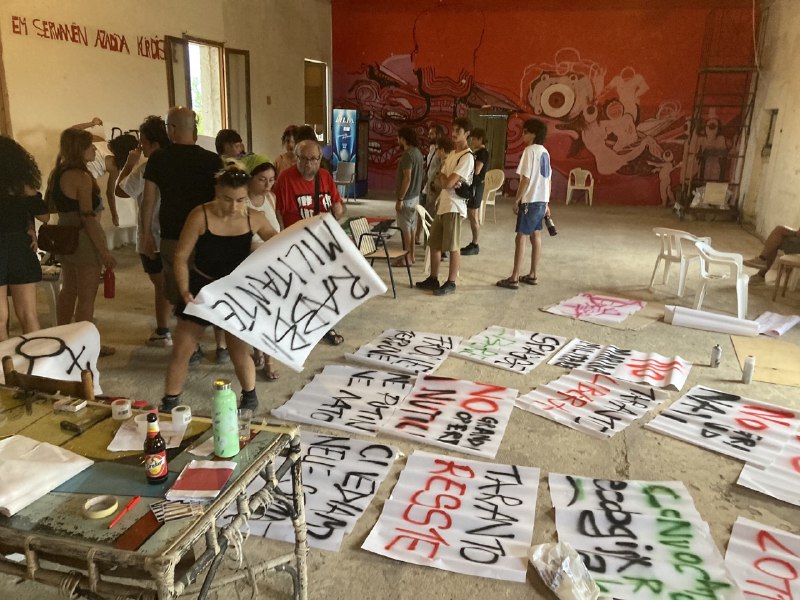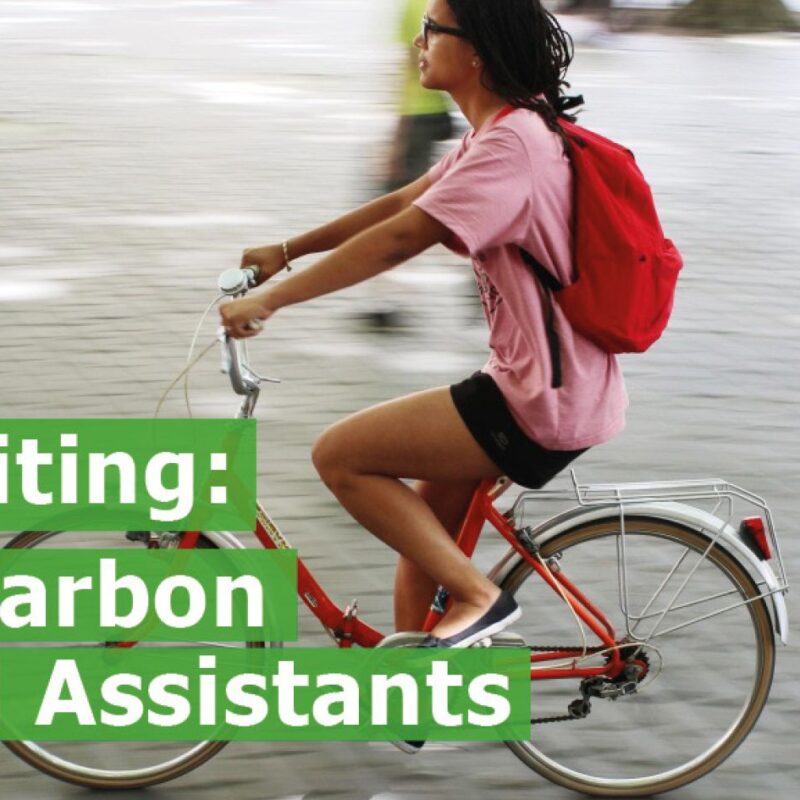Most Read
Recent Posts
- Challenging paradigms and reimagining futures: Reflections on Feminist Approaches to Agroecology from the Mahila Kisan Sammelan, India June 3, 2025
- There will be no life on a burning planet May 27, 2025
- 23 and 24 May: Water and Commons Festival in Athens, Greece May 21, 2025
- Are EVs Really the New Environmental Saviour or Just Another Capitalist Front? May 13, 2025
- Pluriverse of Peace: Connecting Anti-War and Climate Struggles April 29, 2025



